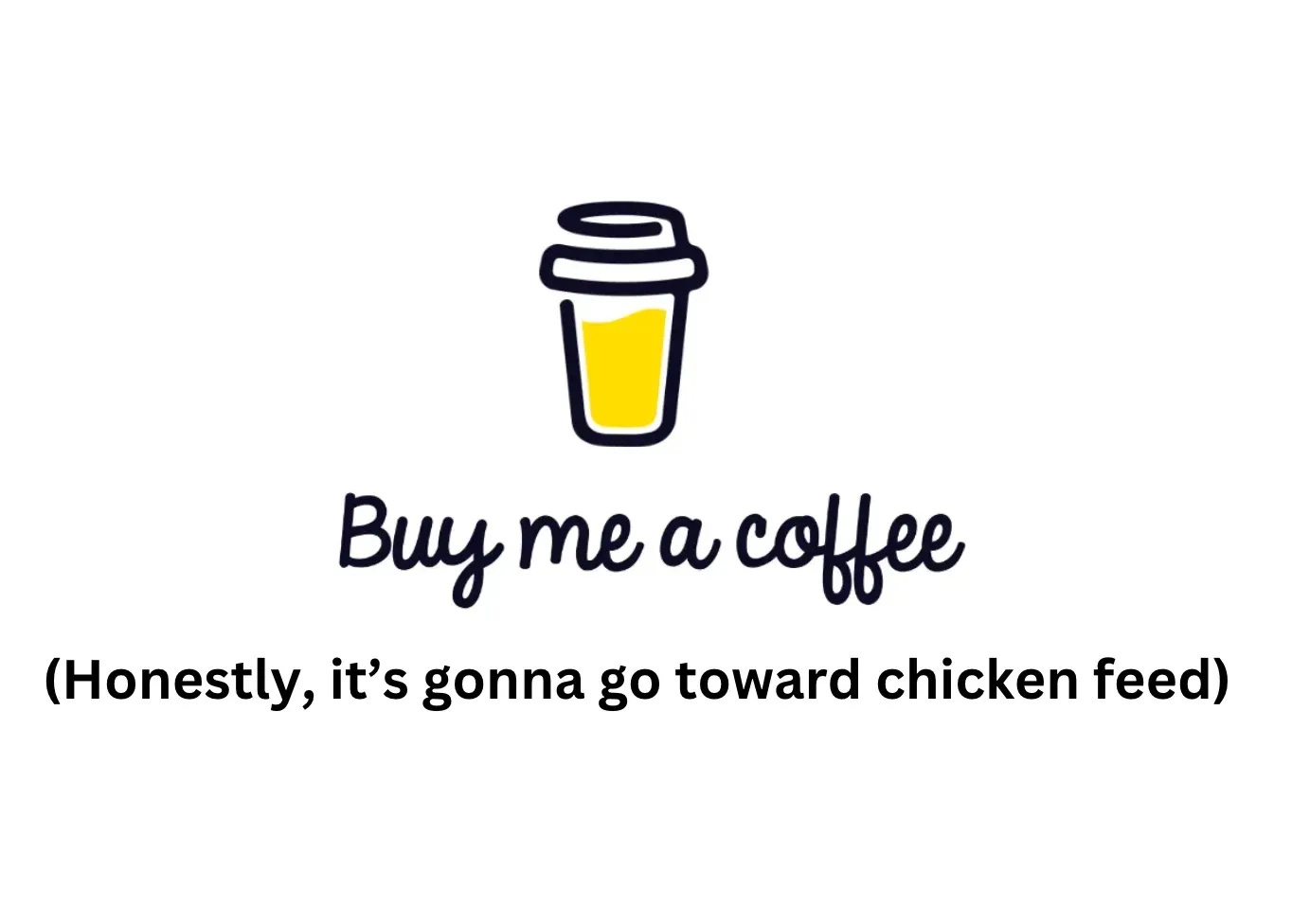The world’s gone mad, and a simple phrase like “no homo” is enough to make some Christians clutch their Bibles and cry foul. This phrase isn’t a sin—it’s a window into a generation fighting a culture that twists every act of kindness into something it’s not. Far from crude, “no homo” is a quiet rebellion, a sign zoomers haven’t fully bowed to the world’s rainbow agenda. Let’s unpack this with reverence for God and a raised eyebrow for the overly pious.
THE ORIGINS OF “NO HOMO”
“No homo” emerged in the early 2000s, born in the gritty world of hip-hop and African American Vernacular English (AAVE). It’s a verbal tag, slapped on after a statement that might be misread as homosexual—like a guy saying, “My bro’s got style, no homo,” to clarify the affection is platonic. It came from a subculture where hypermasculinity was king, and any hint of ambiguity could spark judgment. It’s raw, unfiltered, but honest, a product of its environment.
Etymologically, it’s straightforward: “homo” from “homosexual,” paired with “no” to shut down romantic implications. Its roots trace to the 1990s, with early whispers in rap lyrics, but it exploded with artists like Cam’ron and Lil Wayne, who used it to navigate a culture where clarity was currency. By the mid-2000s, it spread from Black communities to urban youth and the internet, becoming a staple of slang. It’s not about malice—it’s about drawing a line in a society quick to misinterpret.
For those who’ve missed it—maybe you’ve been off the grid—“no homo” is a cultural marker from a time when men felt pressured to guard their words. Christians, who know the world is fallen and language gets messy, should understand this. It’s not a psalm, but it’s not a curse either. It’s a tool to express brotherhood without being mislabeled, born from a context we can’t ignore. Let’s not faint over a phrase—let’s see what it’s really saying.
“NO HOMO” TODAY: A CULTURAL NECESSITY
Today, “no homo” is often a half-joking disclaimer kids use when their words might be taken the wrong way. A teen might say, “You killed that game, bro, no homo,” or “I’ve got your back, no homo,” to show support without inviting misinterpretation. It’s not just slang—it’s a necessity. Homosexuality is so normalized, so aggressively pushed, that any same-sex kindness can be mistaken for romance. The LGBT community loves to twist platonic bonds. Look at David and Jonathan—their covenantal friendship (1 Samuel 18:1-3) is spun as a gay love story. Or Jesus and John, the “disciple whom Jesus loved” (John 13:23)—suddenly, it’s a queer romance in their narrative.
This is why “no homo” exists. Young people want to express love, give compliments, or stand by friends, but they’re forced to clarify because the culture’s obsessed with sexualizing everything. A guy can’t say, “You’re my brother,” without risking a smirk. It’s a sad reality, but it’s real. The phrase is a pushback against a world that can’t see affection without a label. Christians should see the heart here: kids craving authentic connection, not the distorted lens of a hyper-sexualized society. Instead of scolding, we should nod at their effort to keep things clear in a confused world.
ZOOMERS’ REBELLION: A SIGN OF HOPE
Christians fretting over “no homo” need to look deeper. The phrase isn’t the problem—it’s a symptom of a generation fighting back. Zoomers grew up with drag queens at library story time, pride-themed Blue’s Clues, and rainbow flags in kindergarten. We thought they’d be indoctrinated, but many—especially the boys—are angry. They’re rejecting the LGBT narrative with a boldness that puts Gen X and Millennials to shame. “No homo” is a small but real sign their consciences, marked by God’s law (Romans 2:15), are still alive.
If you appreciate my work, please consider an $8 a month or $80 year subscription to access exclusive content (like the rest of this article and our entire archive).
If you don’t want a subscription, please consider a one-time gift of your choosing by clicking the ‘coffee link’ below. This is one of the things I do to provide for my small farm and big family, so I sure appreciate it.
Listen to this episode with a 7-day free trial
Subscribe to Insight to Incite: Open Source Intelligence Analysis to listen to this post and get 7 days of free access to the full post archives.
















